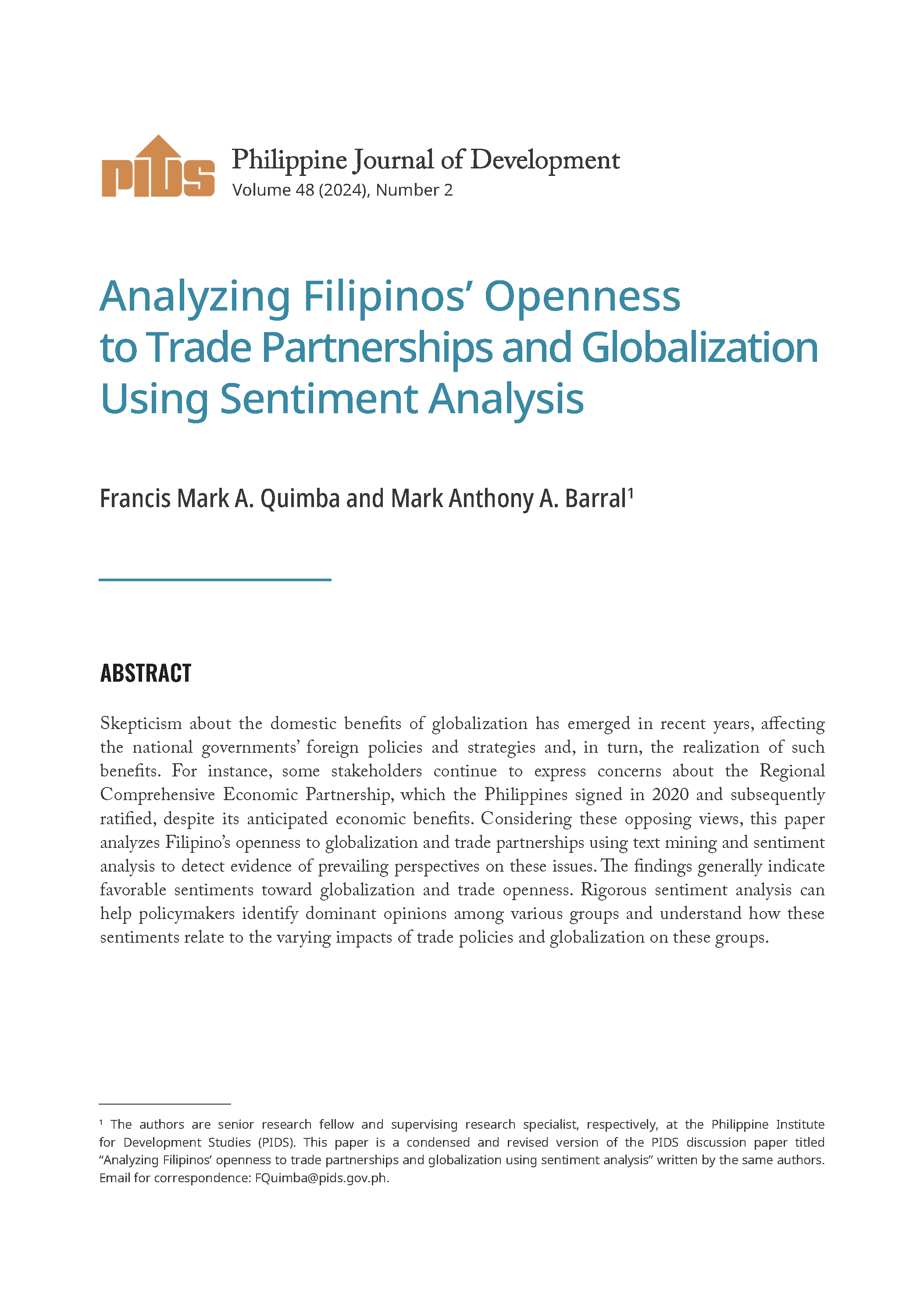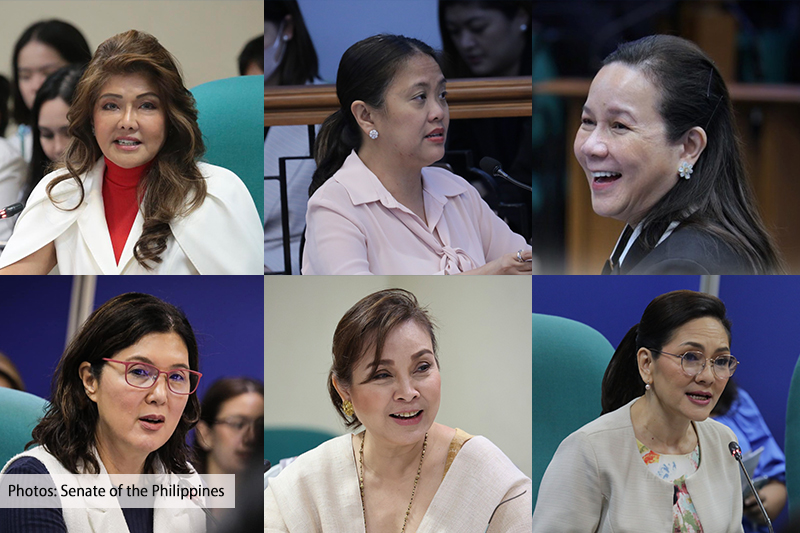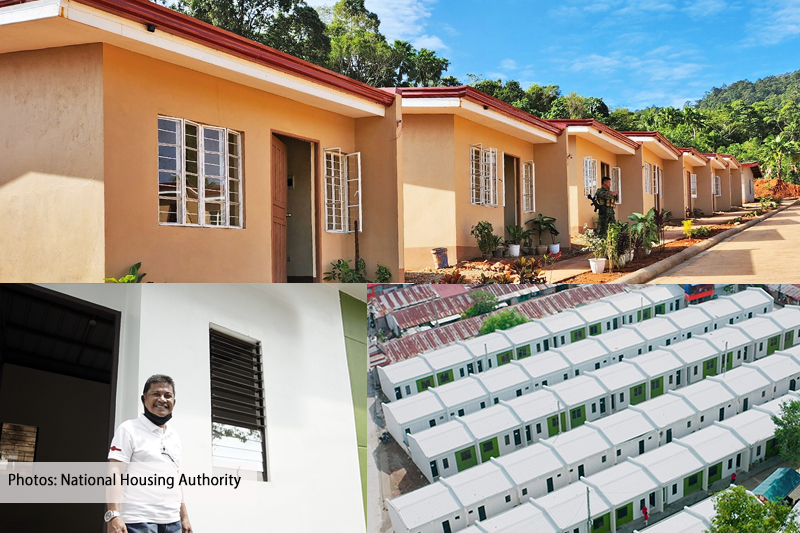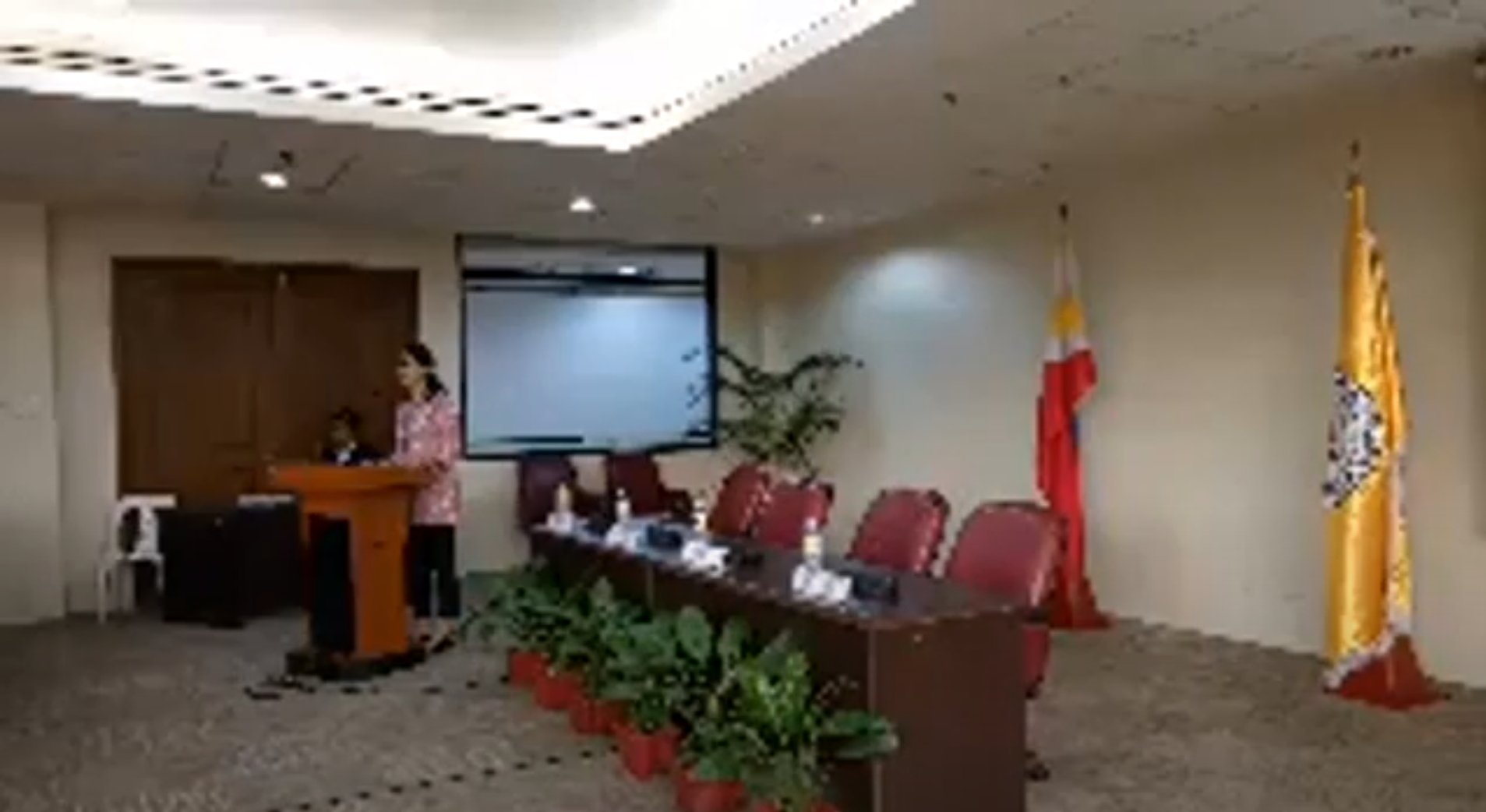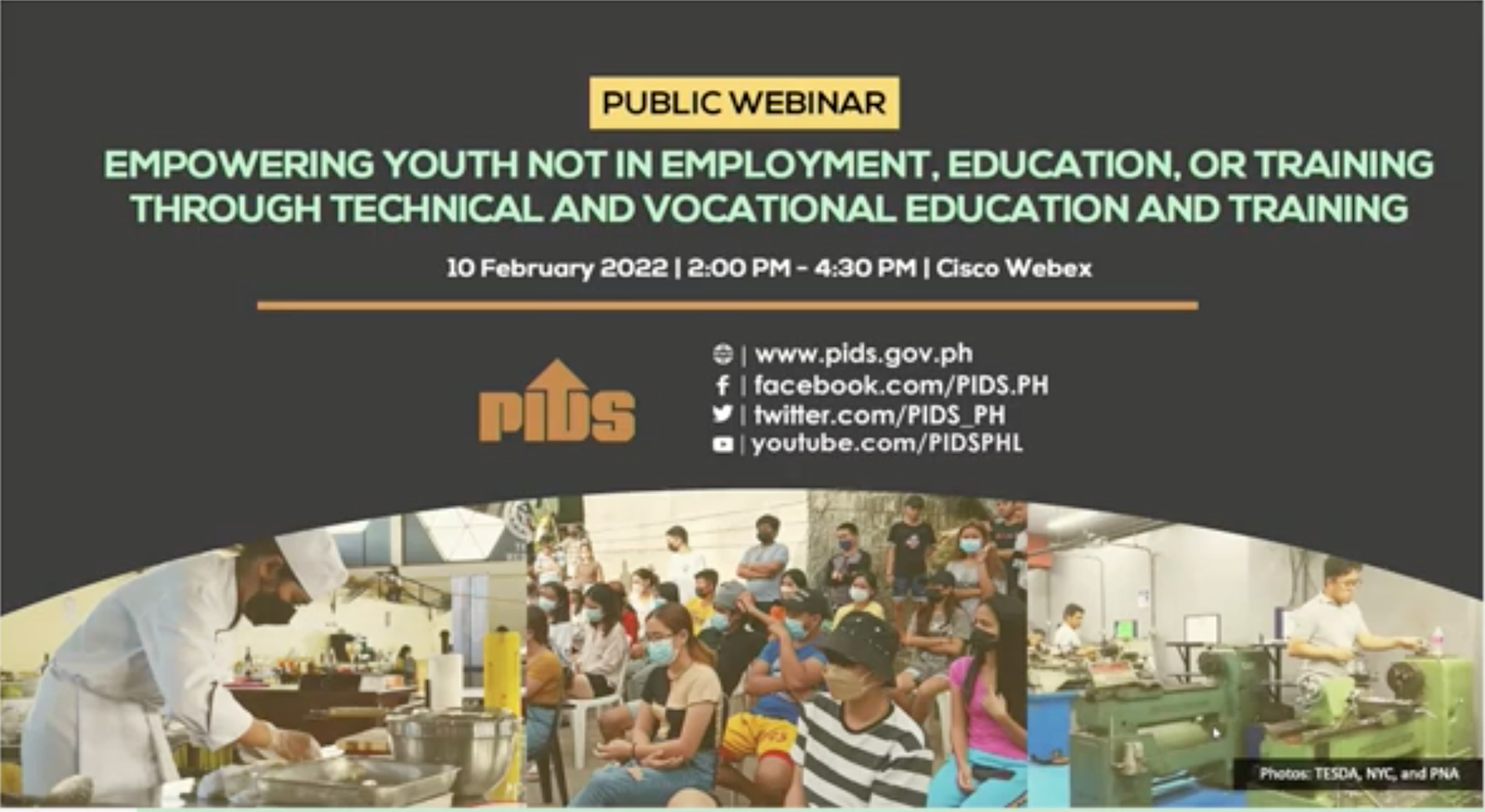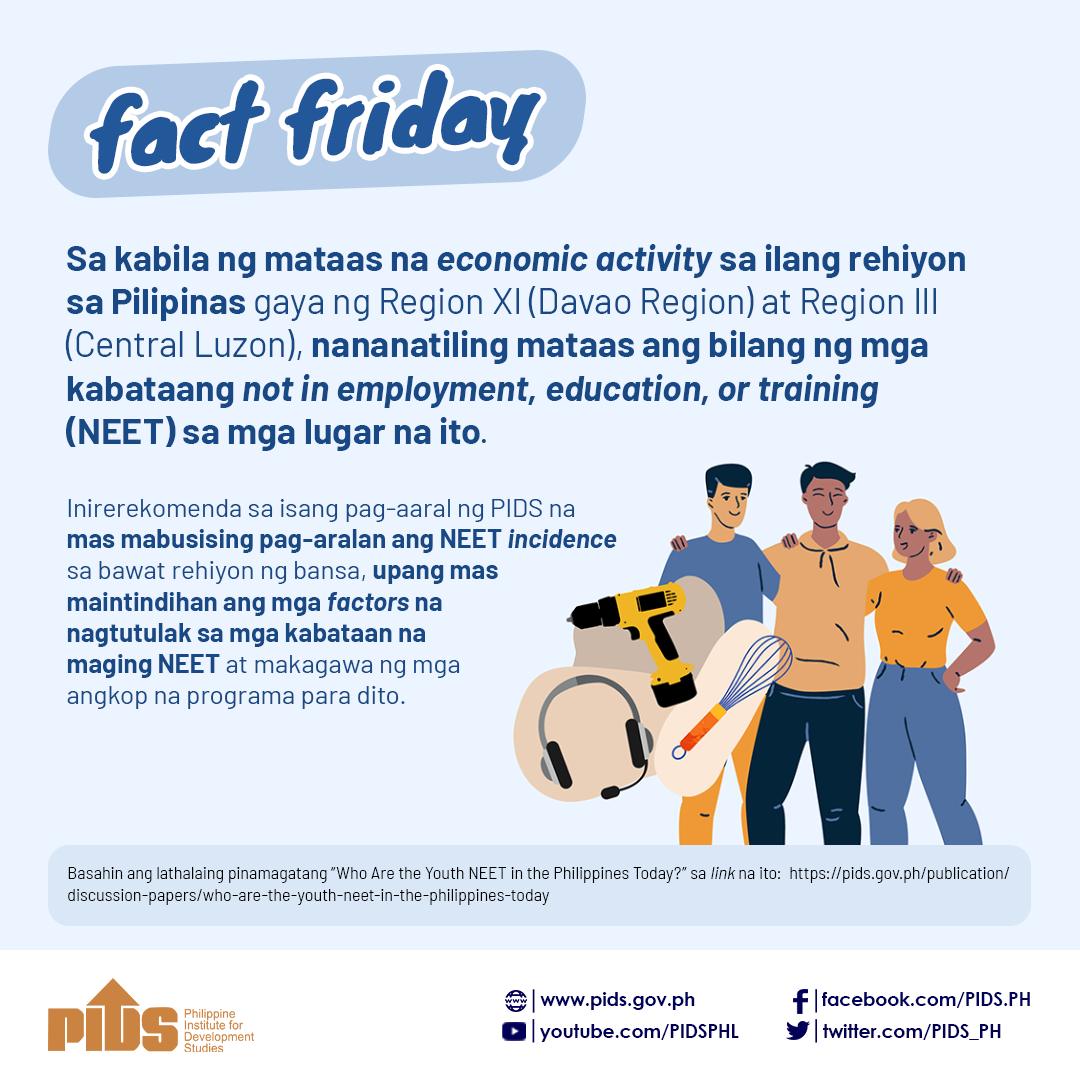The country cannot afford to miss out on the Regional Comprehensive Economic Partnership Agreement (RCEP) because it will mean setbacks as foreign investors and trading partners are expected look elsewhere to put in their capital.
Since the agreement is backed by the Association of Southeast Asian Nations (ASEAN), the participation of the Philippines is crucial to obtain preferential treatment similar to its neighbors.
This was inculcated by Trade Secretary Ramon Lopez during the Senate committee hearing on the RCEP agreement on Friday, noting that the benefits of the RCEP Agreement to the Philippines will be too precious to miss.
“The Philippines cannot afford to not join the RCEP Agreement, nor delay the ratification. An initial study by Dr. Francis Quimba of the Philippine Institute for Development Studies indicates that non-participation or delayed participation of the Philippines to the agreement would negatively affect our economy,” Lopez told Senate lawmakers.
Further, he emphasized that taking these into consideration, there has been a strong call not only among negotiators and policymakers but also within the academe and business community for the RCEP Agreement to enter into force by January 2022, as President Rodrigo Duterte himself has called for the speedy implementation of the agreement at the recently concluded ASEAN Leaders’ Summit last 26 to 28 October 2021.
Mega deal to hasten rebound
“This will ensure that the region may take advantage of this mega free trade deal to facilitate post-pandemic economic growth. To date, a number of countries have ratified the agreement namely: Singapore, China, Japan, Brunei Thailand, Lao PDR, and Cambodia. We expect to reach the required 6 ASEAN countries and 3 non-ASEAN countries in early November to make way for the implementation of the agreement in January 2022,” he maintained.
The trade chief also stated that it is essential that the government completes its domestic procedures within the year so the Philippines can join the implementation of RCEP by January 2022, as he sought strong support of the Senate committee on foreign relations in securing the concurrence of the Senate.
The RCEP agreement is comprised of fifteen countries: ASEAN member states and five of its FTA partners, Australia, China, Japan, Korea, and New Zealand.
The Philippines and 14 other countries agreed in 2012 to launch the negotiations for the RCEP Agreement with the goal of promoting greater openness, creating a more business-friendly environment, encouraging closer integration of economies, and providing a more stable and predictable rules-based system of trade.
And after eight years of negotiations covering a wide range of areas, including new and emerging issues in international trade, the agreement was signed virtually last 15 November 2020 at the 4th RCEP Leaders’ Summit.
Initially, India was part of the negotiations but withdrew a few months prior to the conclusion of negotiations due to domestic concerns.
Among the expected benefits of RCEP is improved market access to goods, services, and investment.
Since the agreement is backed by the Association of Southeast Asian Nations (ASEAN), the participation of the Philippines is crucial to obtain preferential treatment similar to its neighbors.
This was inculcated by Trade Secretary Ramon Lopez during the Senate committee hearing on the RCEP agreement on Friday, noting that the benefits of the RCEP Agreement to the Philippines will be too precious to miss.
“The Philippines cannot afford to not join the RCEP Agreement, nor delay the ratification. An initial study by Dr. Francis Quimba of the Philippine Institute for Development Studies indicates that non-participation or delayed participation of the Philippines to the agreement would negatively affect our economy,” Lopez told Senate lawmakers.
Further, he emphasized that taking these into consideration, there has been a strong call not only among negotiators and policymakers but also within the academe and business community for the RCEP Agreement to enter into force by January 2022, as President Rodrigo Duterte himself has called for the speedy implementation of the agreement at the recently concluded ASEAN Leaders’ Summit last 26 to 28 October 2021.
Mega deal to hasten rebound
“This will ensure that the region may take advantage of this mega free trade deal to facilitate post-pandemic economic growth. To date, a number of countries have ratified the agreement namely: Singapore, China, Japan, Brunei Thailand, Lao PDR, and Cambodia. We expect to reach the required 6 ASEAN countries and 3 non-ASEAN countries in early November to make way for the implementation of the agreement in January 2022,” he maintained.
The trade chief also stated that it is essential that the government completes its domestic procedures within the year so the Philippines can join the implementation of RCEP by January 2022, as he sought strong support of the Senate committee on foreign relations in securing the concurrence of the Senate.
The RCEP agreement is comprised of fifteen countries: ASEAN member states and five of its FTA partners, Australia, China, Japan, Korea, and New Zealand.
The Philippines and 14 other countries agreed in 2012 to launch the negotiations for the RCEP Agreement with the goal of promoting greater openness, creating a more business-friendly environment, encouraging closer integration of economies, and providing a more stable and predictable rules-based system of trade.
And after eight years of negotiations covering a wide range of areas, including new and emerging issues in international trade, the agreement was signed virtually last 15 November 2020 at the 4th RCEP Leaders’ Summit.
Initially, India was part of the negotiations but withdrew a few months prior to the conclusion of negotiations due to domestic concerns.
Among the expected benefits of RCEP is improved market access to goods, services, and investment.


